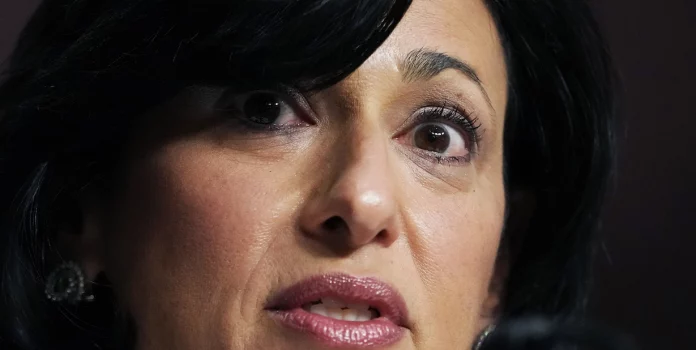Rochelle Walensky is the director of Centers for Disease Control and Prevention. She opposes legislation that would require Senate approval for future CDC directors.
However, Republican Senator Richard Burr (N.C.), made it clear that he doesn’t care what she thinks.
What’s Walensky’s problem?
Walensky is lobbying Congress for changes to the PREVENT Pandemics Bill, a bipartisan bill which could be passed this month in the lame duck session.
Roll Call says that one of the problems she has with the bill is a provision that would make the CDC director a government position that requires the approval of the U.S. Senate. It would first affect her successor if it were to be passed.
Walensky stated that it was possible to imagine that this could have taken a long time due to the politicization at CDC.
Burr, however, is the Senate Health, Education, Labor and Pensions Committee’s ranking member. He doesn’t care what Walensky thinks.
Walensky expressed concern to Burr, who replied with “Tough S**t” “We urgently need to reform CDC. … This is a small thing compared to the things we should be doing.”
The provision was also supported by Sen. Patty Murray (D. Wash.), who is the chairwoman of that committee.
Murray’s representative told Roll Call that the provision requiring Senate confirmation of the CDC director would not apply to the current director. “It would treat the CDC director the way other key positions in the department are already confirmed by the Senate.”
Do you have any other suggestions?
Walensky is not only lobbying against the confirmation of the CDC director by the Senate, but she is also urging Congress for the extension of the CDC’s data collection powers.
The public health emergency relating to COVID-19 has been renewed by the Biden administration multiple times. It will eventually expire. Roll Call explained that the CDC will have to cease asking for data from the state on surveillance, testing and hospitalizations for a certain period after an emergency.
Walensky wants Congress to expand the CDC’s data collection powers, all in the name, of informing the general public.
She said that if we don’t obtain surveillance data or testing data at the speed that we have been getting them, and with the same transparency, we might not be able report on these sorts of things.” This was referring to COVID’s impact on the community.




